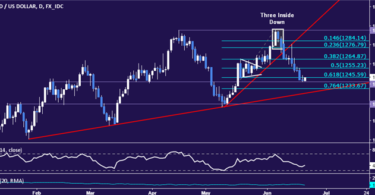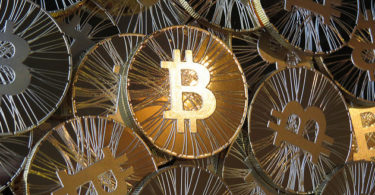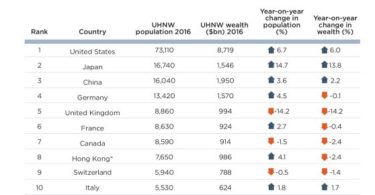Though the labor market continues to improve, certain measures are beginning to show that inflation is slowing, moving away from the Federal Reserve's 2% target and not toward it. This could be a sign that the U.S. economy is getting weaker, despite having an unemployment rate of 4.3% in May, according to the U.S. Bureau of Labor Statistics.
But with the Fed looking like it's going to keep raising rates and certain sectors of the stock market looking a little shaky in recent days, investors may want to come back to a trade that's proved reliable in recent years — dividends.
“While many would expect high dividend strategies to lag in such an environment, the opposite has been the case,” RBC Capital Markets analysts led by Jonathan Golub wrote in a February 6 research note. “In fact, history shows that low volatility names – not high yielders – are actually the big underperformer as rates rise. Our work indicates that low volatility stocks have longer equity duration (more durable franchises), resulting in greater sensitivity to interest rates.”
That may lead to investors looking to eschew the broader market averages (the NASDAQ is up nearly 17%, while the S&P 500 is up nearly 8% since the start of the year, in search of income.
Large companies with plenty of international exposure, including companies like Apple (AAPL) , AT&T (T) , Pfizer (PFE) and others may decline less than the overall market or could hold up as volatility increases.
1. Apple
A company known for its iPhones, Apple is also a cash flow machine, generating enormous amounts of cash.
Since instituting its dividend and share repurchase program in 2012, Apple has raised its dividend every year, along with its share buyback program. It most recently raised its dividend by 10.5%, with a quarterly payout of 63 cents a share.
Apple has a 1.77% dividend yield, slightly below the 2.15% on the benchmark 10-year U.S. Treasury, but it also offers strong consumer adoption of its products and continuing innovation, like the recent HomePod speaker announced at its developer conference earlier this month.
2. AT&T
AT&T is in the process of buying Time Warner (TWX) for $85.4 billion, but as a telecom, it provides stable free cash flow and a steady, high-yielding dividend that can offer protection against any market downturn.
At current prices, AT&T has a 5.03% yield, more than twice what the 10-year U.S. Treasury yields.
In addition, by adding Time Warner — and its brands, including HBO and Warner Bros. — AT&T may wind up adding additional protection to a recession, as content tends to outperform during market downturns.
Full story (and 13 more solid dividend stocks) at The Street






